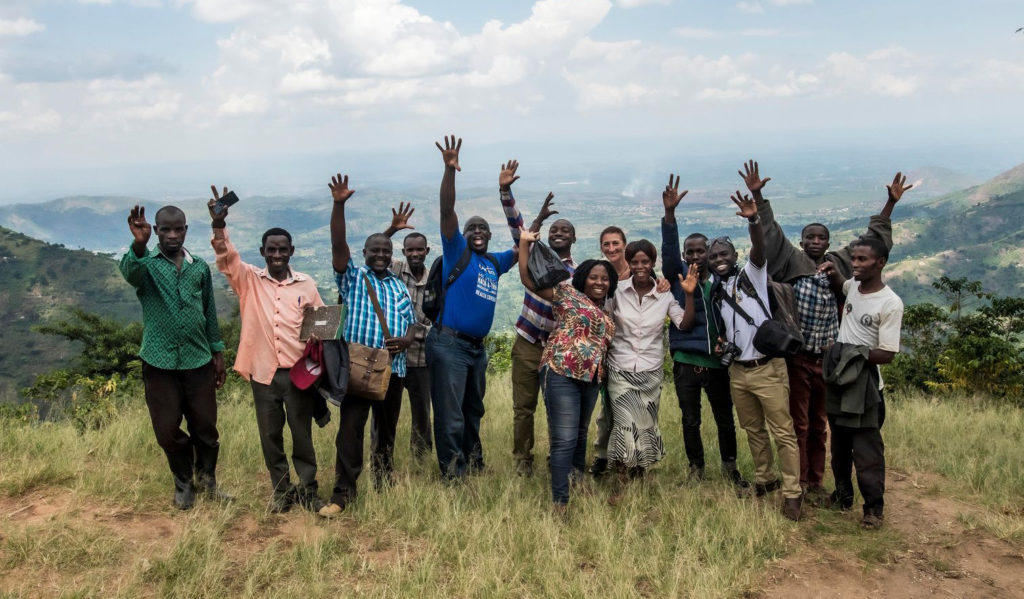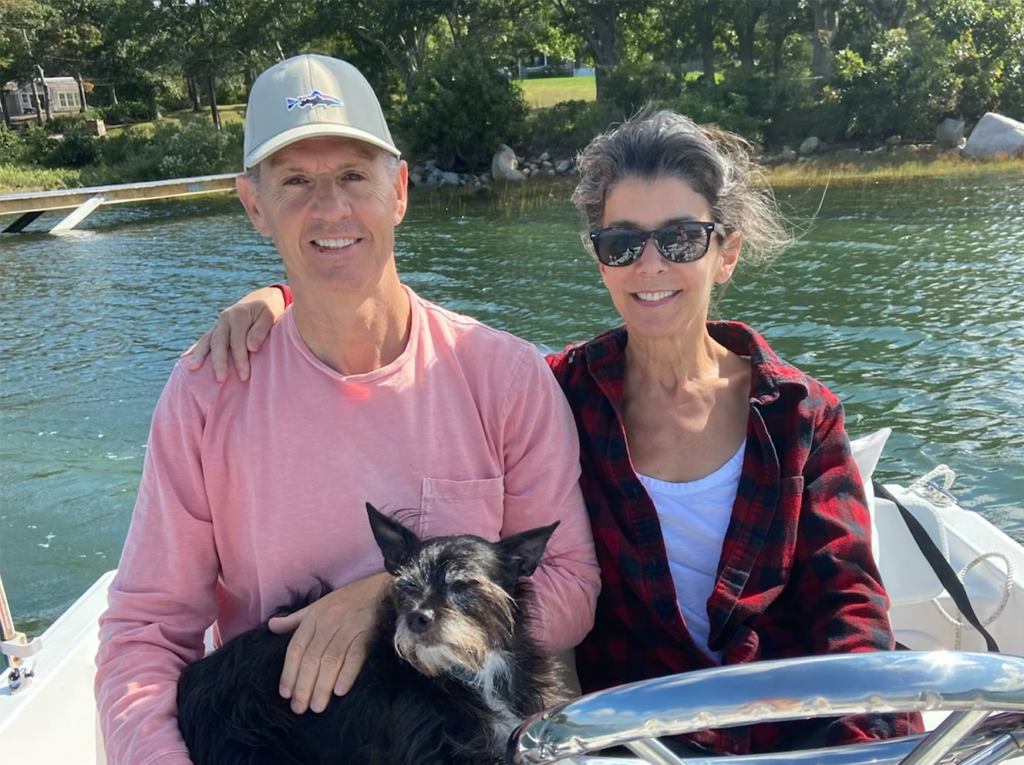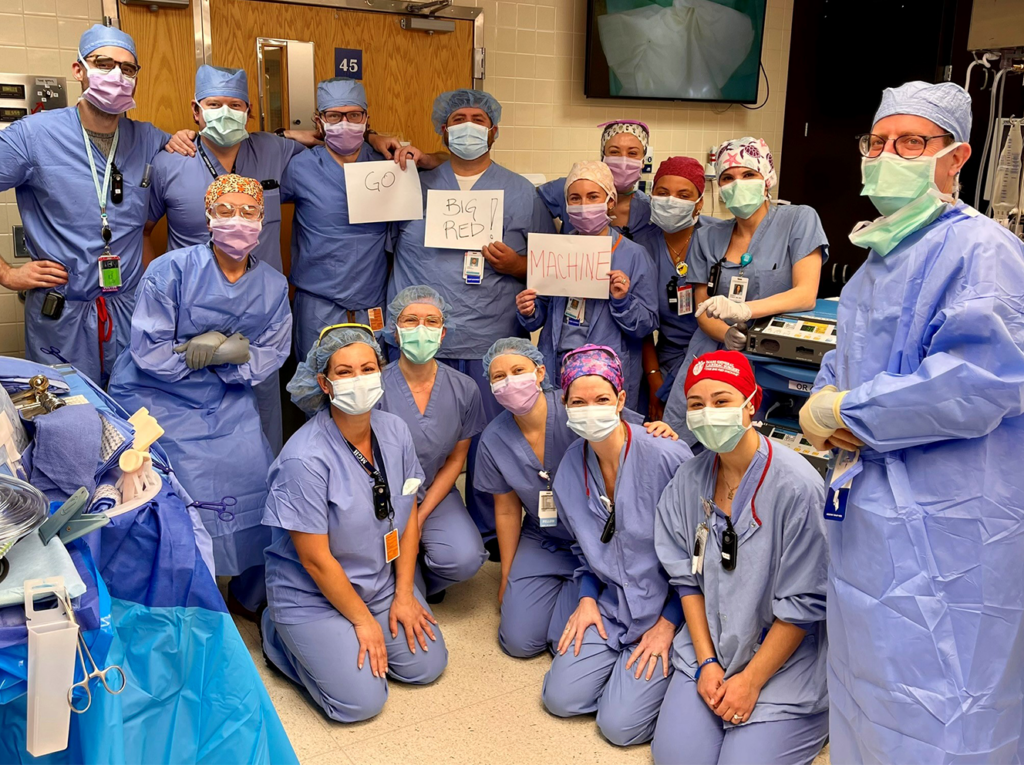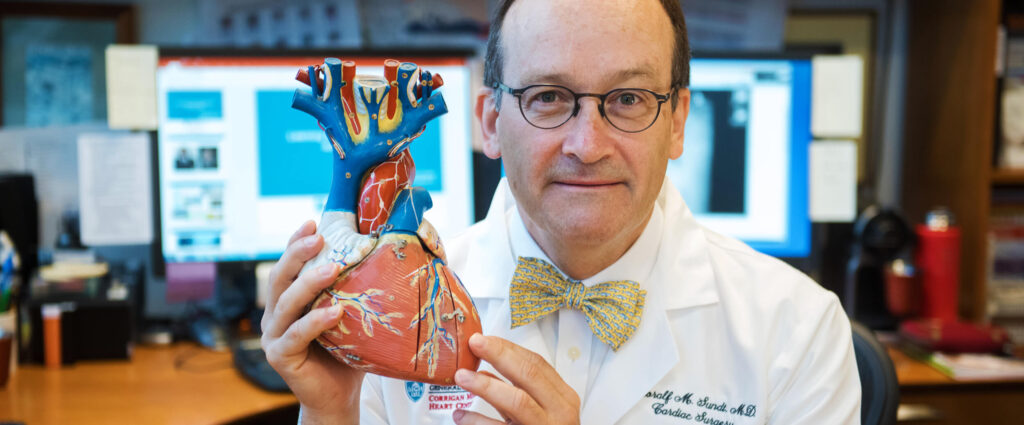In a small cardiology clinic in northern Haiti, pregnant women with heart disease travel hours for the opportunity to be seen by a cardiologist.
“The rates of peripartum cardiomyopathy are very high among Haitian women,” says Carl Turissini, MD, a Massachusetts General Hospital cardiologist who has been making annual visits to Hôpital Sacré Coeur in Milot, Haiti for more than decade, caring for patients with this and other cardiovascular diseases.
Peripartum cardiomyopathy is a disorder that affects pregnant women, causing the heart to become weakened and enlarged. The condition develops during the last month of pregnancy, or within five months after the baby is born. When left untreated, it causes heart failure after childbirth, often resulting in the death of the mother, and without the mother to feed the baby, the baby also dies. Although the disorder is rare in the US, in Haiti one percent of pregnancies — more than 2,800 each year — are affected.
“The tragedy is that with medication, regular monitoring and counseling, these mothers can lead healthy lives,” says Dr. Turissini.
The dual complication of high rates of cardiomyopathy and few cardiologists caught the attention of Oyere Onuma, MD, the newly named director of the Global Cardiovascular Health Program at Mass General’s Corrigan Minehan Heart Center.
Many Haitian Immigrants Call Boston Home
“While Haiti may seem far away, Boston is home to the third largest population in the US of Haitian immigrants,” Dr. Onuma says. “What we learn about this disorder in Milot can inform our care for these individuals here.”
Dr. Onuma says her new role signals the commitment of Mass General and Mass General Brigham to address disparities in cardiovascular health both globally and locally.
“We are not reinventing the wheel,” she says, “but bringing disparate efforts together so that we can use our resources effectively.”
“Investing in research in peripartum cardiomyopathy may provide answers to other cardiovascular conditions that weaken the heart, improving treatment options for any number of patients in Haiti, the U.S. and around the world.”
The new Global Cardiology Program has four important goals, Dr. Onuma says: “Collaborate with our clinical partners to support access to cardiovascular care; leverage our training infrastructure to offer a bidirectional pathway to train more cardiologists here who can then return home to deliver high-quality care; expand research opportunities; and advocate for eliminating barriers to access for health care.”
Doreen DeFaria Yeh, MD, director of the Cardiovascular Fellowship program at Mass General, says that her recent visit to Hôpital Sacré Coeur revealed “the amazing work Carl has done establishing a cardiology clinic and the tremendous need for cardiovascular care.”
Philanthropy will Prepare More Haitians to Provide More Care
There is only a dozen or so cardiologists in all of Haiti, a country with a population of 11 million, and most of them are over the age of 75. In the clinic at Hôpital Sacré Coeur, a nurse navigator follows up on more than 100 women, ensuring they are taking the appropriate medications, as well as receiving stress tests, echocardiograms and Holter monitoring — a portable, continuous monitor of the heart — as needed.
“By focusing our commitment on supporting cardiovascular care, we can have an impact on the most critical issues, like peripartum cardiomyopathy and congenital heart disease,” says Dr. DeFaria Yeh. “Philanthropic support is needed to underwrite the training of Haitian fellows at Mass General, as well as additional nurses and tech staff.”
Drs. DeFaria Yeh and Onuma say the commitment is truly global and encompasses every area of the Corrigan Minehan Heart Center.
“We are eager to build on existing partnerships, such as Asishana Osho, MD, MPH’s cardiac surgery work in Rwanda and efforts to reduce heart disease in Cape Verde,” Dr. DeFariah Yeh says.
Dr. Turissini says he hopes an expanded presence will allow for more research into cardiomyopathy.
“There is some evidence that there is a genetic predisposition among this population,” he says. “Investing in research in peripartum cardiomyopathy may provide answers to other cardiovascular conditions that weaken the heart, improving treatment options for any number of patients in Haiti, the U.S. and around the world.”
“We have a big voice,” Dr. Onuma says, “With philanthropic support, we know we can make a difference.”
To learn how you can help improve cardiovascular health around the globe, please contact us.






